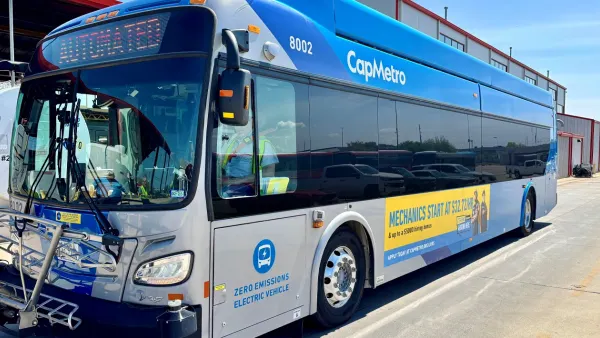Dive Brief:
- Lyft and tech company Hitch Health released the findings of a year-long non-emergency medical transportation (NEMT) pilot conducted at Hennepin Healthcare internal medicine clinic in Minneapolis. The pilot, which targeted patients who have missed appointments in the past, reduced no-shows by 27%.
- The program, which used Hitch Health’s automated SMS technology to offer Lyft rides to patients in need, also increased revenue at the clinic by an estimated $270,000 and yielded an estimated ROI of 297%.
- The pilot's results counter a study conducted by Penn Medicine, published earlier this year, which found complementary Lyft rides did not reduce no-show rates for Medicaid enrollees in Philadelphia.
Dive Insight:
Missed appointments cost the healthcare industry an estimated $150 billion a year, and transportation barriers alone are the reason for about 3.6 million no-shows annually. The average rate of appointment no-shows resulted in a daily loss of $725.42, according to a study from platform provider CrossCHX.
No-shows hamper providers and insurers financially, but they also harm patients. According to the American Hospital Association, missed appointments are associated with increased medical care costs for the patient, disruption of patient care and provider-patient relationships, delayed care and increased emergency department visits.
For Hennepin Healthcare's internal medicine clinic, where the pilot took place, no-shows cost an average of $100 for each scheduled visit. The pilot program found that the cost of paying for NEMT is less than $15 each way, resulting in a net gain of more than $70.
The pilot results should come as a relief for Lyft, which may have been disheartened by the results of Penn's study published earlier this year. That study, conducted between Oct. 24, 2016, and April 20, 2017, found that only 26% of Medicaid patients took up the offer of a free Lyft ride to their appointment. More disconcerting was the lack of difference in missed appointment rates — 36.5% in the intervention group versus 36.7% in the controls.
Krisda Chaiyachati, who led the Penn Medicine study, told Healthcare Dive in a separate interview that the results may have been impacted by low ride-share use among low-income communities. That's a slice of the population Lyft will have to recruit to fulfill the promise it made earlier this year to reduce the healthcare transportation gap by 50% by 2020.
“We’re excited by these early pilot results, which demonstrate that strategic partnerships in healthcare can have a significant impact on patients’ lives," Gyre Renwick, vice president of Lyft Business, said in a statement. "We are looking forward to reaching even more people across the country with Hitch Health to ensure transportation is no longer a barrier to accessing healthcare.”
Lyft competitor Uber has also broken into the market with its new platform Uber Health, which allows a healthcare worker to book a ride on demand or schedule a future ride for a patient. That product is being tested by about 100 hospitals and doctors offices. Uber, like Lyft, has also launched an API that enables integrations into existing healthcare products, with features that include billing and reporting for organizations to keep track of spending on rides and HIPAA compliance.











